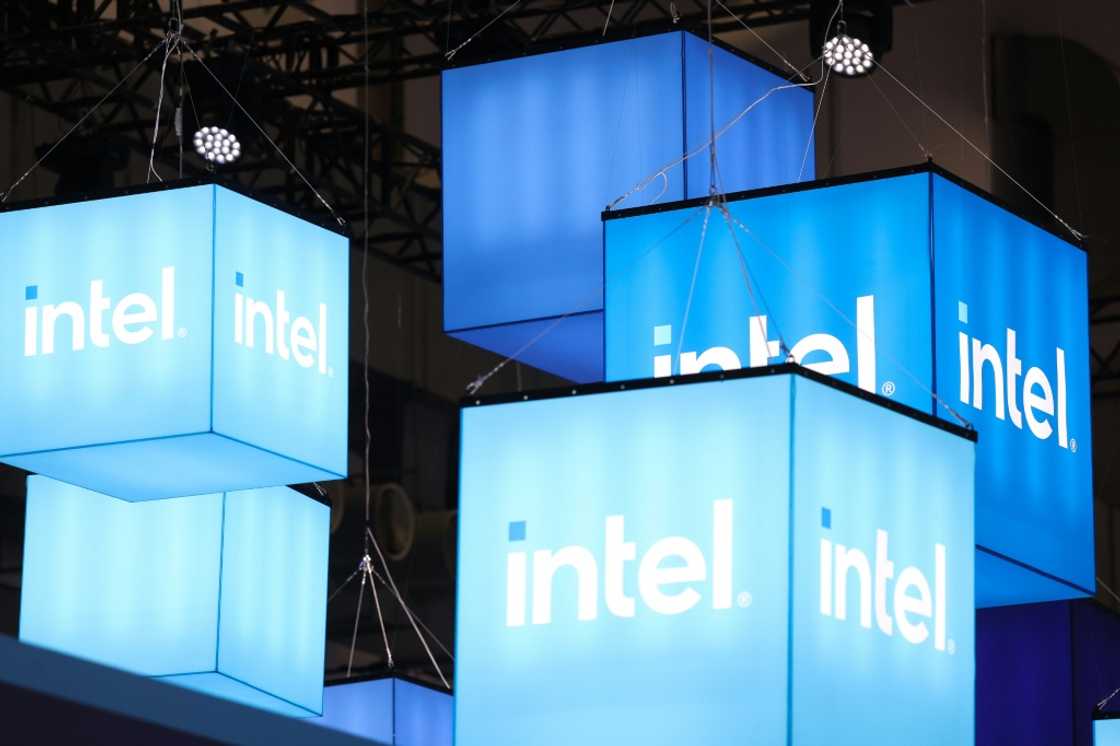Intel says it will slash workforce to cut costs

Source: AFP
US chip maker Intel said Thursday it will slash more than 15 percent of its workforce as it streamlines operations.
The plan to cut approximately $20 billion in expenses this year came as Intel reported a loss of $1.6 billion in the recently ended quarter.
"Our Q2 financial performance was disappointing, even as we hit key product and process technology milestones," Intel chief executive Pat Gelsinger said in an earnings release.
"Second-half trends are more challenging than we previously expected."
Second quarter earnings were negatively affected by "headwinds" to the ramp-up of Intel's artificial intelligence PC product and unused capacity at its facilities, according to chief financial officer David Zinsner.
"By implementing our spending reductions, we are taking proactive steps to improve our profits and strengthen our balance sheet," Zinsner said.
Intel reported having 124,800 employees at the end of last year, meaning the layoffs could hit about 18,000 positions.
In June, Intel announced it was halting the expansion of a major factory project in Israel, which was going to pump an extra $15 billion towards a chip plant.
Intel said at the time that "managing large-scale projects, especially in our industry, often involves adapting to changing timelines."
"Decisions are based on business conditions, market dynamics and responsible capital management," the US-based company added.
The belt-tightening came just a month after Intel struck a defiant tone in the face of strong challenges from rivals Nvidia, AMD and Qualcomm, unveiling technologies it said would lead the artificial intelligence revolution.
For decades, Intel has dominated the market for the chips that run everything from laptops to data centres. But in recent years, its competitors -- especially Nvidia -- have soared ahead on specialized AI processors.
During a keynote speech at Taiwan's Computex expo, Gelsinger introduced Intel's latest Xeon 6 processors for servers, and shared more details about its next-gen Lunar Lake chips for AI PCs.
"AI is driving one of the most consequential eras of innovation the industry has ever seen," Gelsinger said.
"The magic of silicon is once again enabling exponential advancements in computing that will push the boundaries of human potential and power the global economy for years to come."
Gelsinger said Intel's latest equipment provides the best available mix of performance, energy efficiency and affordability.
His presentation followed earlier keynote speeches by Nvidia boss Jensen Huang, AMD CEO Lisa Su and Qualcomm's Cristiano Amon -- and they were replete with claims and counterclaims about which firm's products were the best for AI.
Microsoft in June unveiled its Copilot+ AI PCs, which will have artificial intelligence features built into its Windows operating system.
Along with Microsoft, the features will be added by some of the world's biggest computer manufacturers, including Dell, HP, Samsung and Lenovo, offering AI capabilities on the device itself, not just through the internet.
AI computers are expected to be 80 percent of the PC market by 2028, Intel said, citing the Boston Consulting Group.
PAY ATTENTION: Stay informed and follow us on Google News!
Source: AFP



